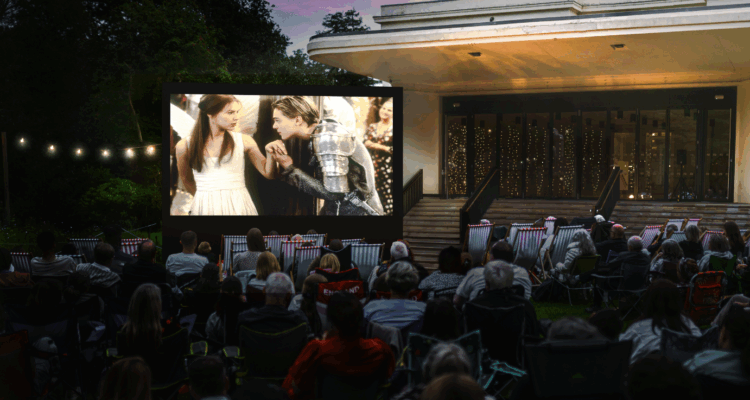“Reading as Mental Stimulation”
ONFICTION, Online Magazine on the Psychology of Fiction, recently published an article explaining how, when we read, we create a “mental stimulation of the events in the story.” The study, undertaken by Professor Jeffrey Zacks, Associate Director of Dynamic Cognition Laboratory at the University of Washington, St. Louis, and three of his colleagues, set out to determine “the brain processes of study participants with functional magnetic resonance imaging (fMRI) scans”, when reading. As detailed in this Live Science article by Andrea Thompson, the researchers took the following approach with their study:
The 28 study participants […] spent about 10 minutes reading four narratives, each less than 1,500 words, taken from the book "One Boy's Day." The words from the book were flashed onto a screen that the participants could read on a mirror in front of their faces.
[…]The researchers coded the four narratives for six types of changes "that people might be monitoring while they're comprehending" — changes they would notice both in everyday life and possibly in reading, Zacks said. These changes included: spatial changes (when a location changed); object changes (when a character picked up a ball, say); character changes; causal changes (when an activity occurs that wasn't directly caused by the activity in a previous clause); and goal changes (when a character begins an action with a new goal).
Monitoring such changes in the environment is adaptive, because it likely helped our ancestors to predict what might happen next: where prey might dart to next or what a predator might do. Similarly, today it helps us predict what might happen next in a story.
In other words, “reading a simple verb such as "run" or "kick" activates some of the same regions of the brain that would be activated when we actually go running or kick a ball.”
The Guardian published a related article back in January, which you can read by following this link.
Share
Related Articles

Storybarn Book of the Month: Saving the Butterfly
This month, as part of Refugee Week (16-22 June), we've been taking a look back at one of our favourites…

Open Air Cinema FAQ’s
If you were able to snap up tickets to our brand new Open Air Cinema, check below for any queries…

New Liverpool open air cinema brings movies to the Mansion
NEW FOR 2025: Eight handpicked films will hit the big screen in Calderstones Park this summer as national Shared Reading…


